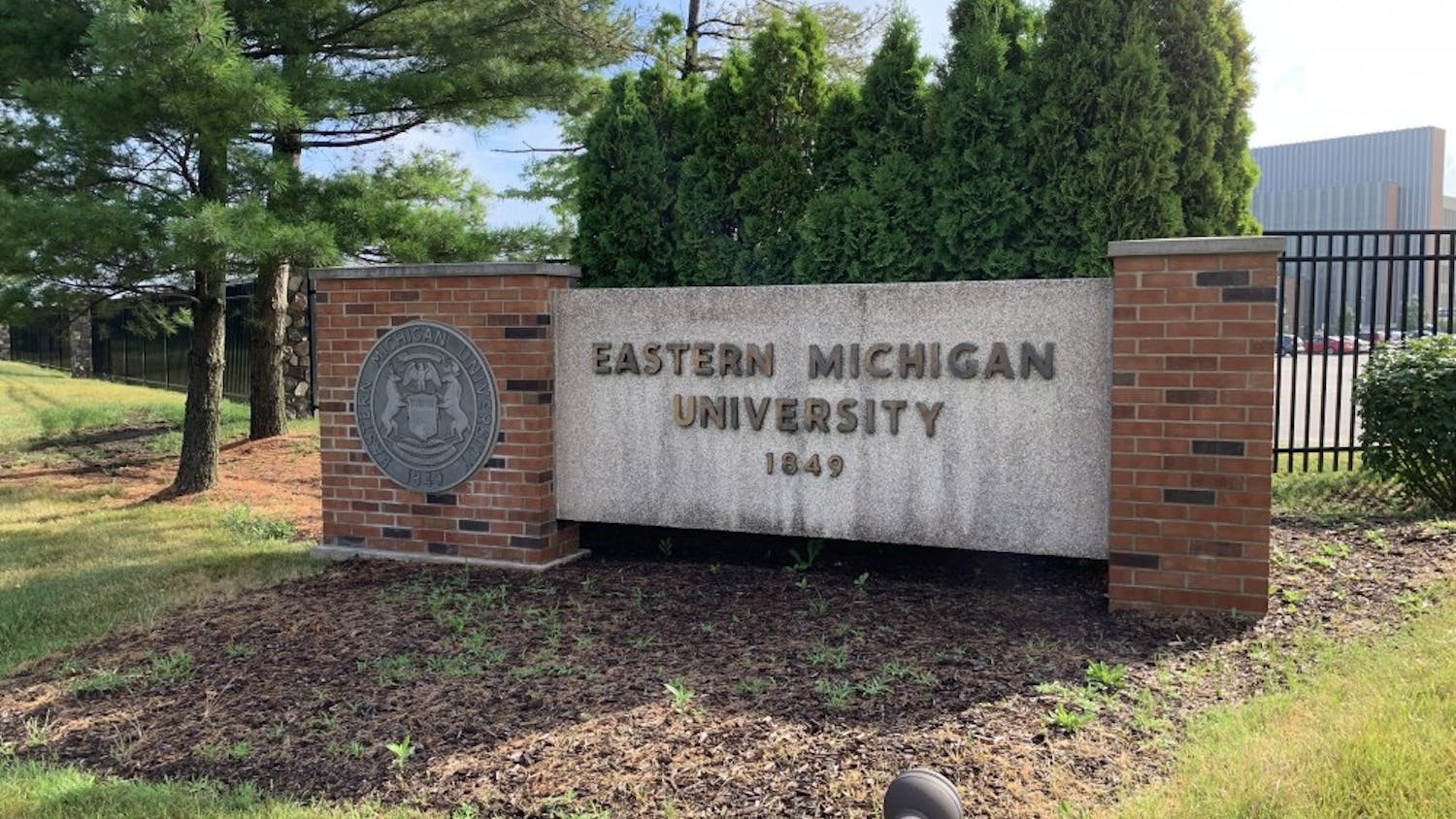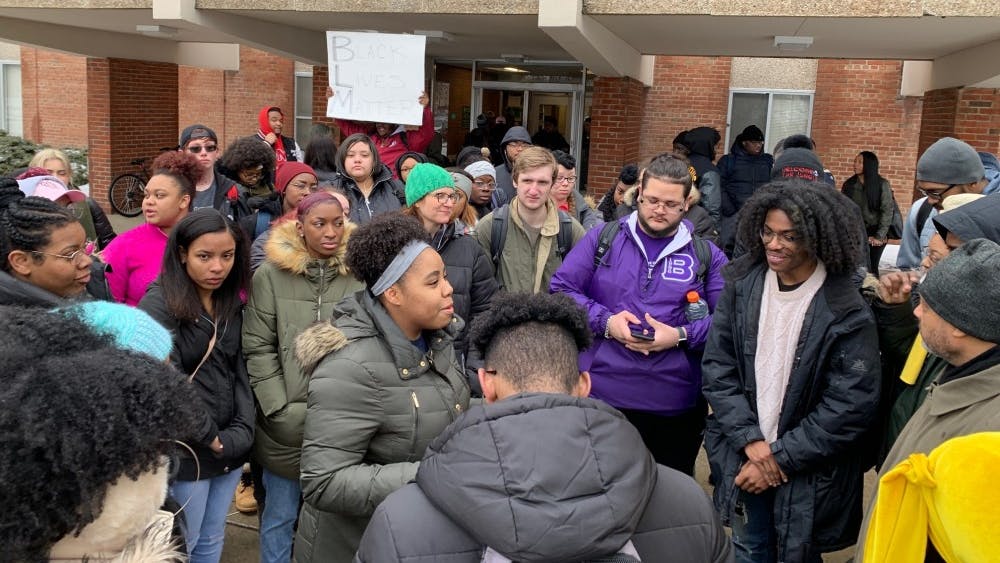The Michigan Department of Health and Human Services (MDHHS) sent a request for proposal (RFP) to design an updated foster parent training curriculum to replace the current educational program required of anyone who is interested in becoming a foster or adoptive parent. MDHHS has granted Eastern Michigan University with $689,200 to revise this program with more current research-based content.
Leading the project will be EMU's very own Dr. Sarah Shea, Associate Professor at the School of Social Work, Dr. Jennifer Farley, Assistant Professor at the School of Social Work, and Dr. Jennifer Kellman Fritz, Director of the School of Social Work.
Since 2018, Dr. Sarah Shea has been implementing a pilot with seven counties in Michigan to supplement the current mandatory foster parent training program with infant and early childhood mental health content, which was funded by the Michigan Health Endowment Fund. Through the course of this pilot program, Shea became aware of the need to update the majority of this curriculum that is required for all in the State of Michigan who wish to become a foster parent. When they heard about MDHHS' request for proposal, Doctors Shea, Farley, and Fritz got to work and submitted their proposal.
"The School of Social Work has a commitment to social justice and advocating for all children and families to receive the best possible services and care, therefore, this project was perfect for our mission," Shea said.
For this project, an assessment of all foster and adoptive parent-training models will be conducted. Based on this assessment, it will be identified if these training models or elements can be used in the new curriculum. After this assessment, a curriculum will be written to ensure all elements are identified as essential by MDHHS in the RFP description.
The team will utilize modern research and literature concentrating on the developmental needs of children and youth in foster care, as well as literature discussing age-appropriate and trauma-informed parenting approaches and practices to build on this curriculum development. Measures will be taken to assess whether the curriculum is meeting the needs of the foster and adoptive parents and whether it is successfully conveying important policies and regulations that are required for licensing.
During the beginning phases of the new training curriculum, the team and consultants will work to train the pilot trainers. The team will also work with MDHHS to produce a survey to assess the effectiveness of this pilot training.
Once the new curriculum has been finalized, the team will develop “train the trainer” guidelines and criteria that must be met for certification. Ten master trainers in all six regions will then be trained using the set guidelines and a blend of modeling, application, and experiential approaches. Following certification, the master trainers will train regional trainers, who can begin implementing the training.
Students at EMU are encouraged to get involved in this project through the use of their voice.
"We encourage EMU students to use their voices to speak out against harmful stereotypes about children and youth in foster care, foster care parents, and birth parents,“ said Farley. "This curriculum is focused on supporting relationships wherever possible and so it's important for our University community to recognize the value of relationships and the many barriers that exist for families involved with the child welfare system so that they can be a part of the effort to support connections."
The team has worked tremendously hard on this project and they are looking forward to sharing their results.
In the end, they hope that the new curriculum will be able to accomplish a great deal and benefit foster children and parents, as well.
"We hope the new curriculum will provide foster and adoptive parents with a beginning foundation to be able to advocate for the needs of foster care children and youth,“ said Fritz. "Additionally, we want the curriculum to emphasize the importance of relationships and support foster parents' efforts to develop strong connections with the children in their care while also strengthening childrens’ connections with their birth families whenever possible.”










